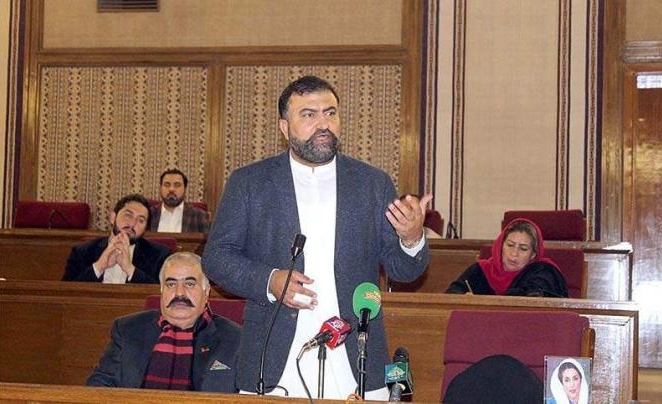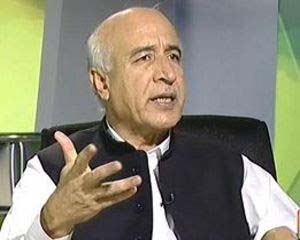Pakistan Phases Out Power Purchase Agreements with IPPs: Potential Savings and Challenges

Islamabad:Pakistan is gradually terminating its power purchase agreements (PPAs) with Independent Power Producers (IPPs), with the latest cancellation of 8 agreements, bringing the total to 13 IPPs from which electricity will no longer be purchased. This move has sparked discussions about the potential benefits and challenges for Pakistan’s energy sector.
According to a report by American media, experts have stated that the termination of these agreements could lead to savings of approximately 238 billion Pakistani rupees for the national exchequer. However, the long-term effects and implications of this decision remain a subject of concern.
**The Impact on Investors and Power Prices**
Experts are cautioning that while the cancellation of these agreements might appear to be a step towards reducing energy costs, it could send a negative signal to investors. There are concerns that this policy could create uncertainty in the energy sector, discouraging future investment. Additionally, experts believe that these actions will not bring about a significant reduction in electricity prices.
The report highlights that in the past, efforts to address the losses in the electricity sector were largely focused on raising electricity prices, a policy that benefited specific individuals but caused significant harm to the general public and the country as a whole.
**Investor-Friendly Policies of the 1990s**
Energy expert Aabid Anwar pointed out that Pakistan’s policy in the 1990s to establish private power plants was meant to be investor-friendly, but over time it became clear that this policy disproportionately benefited a few families, while the country as a whole bore the costs.
Although the investments helped reduce electricity shortages in the short term, the deals made were often at high costs, and the flaws in the policy began to manifest after a few years, leading to the current situation where electricity prices have risen significantly.
**Rising Electricity Prices and Consumer Burden**
A recent research study revealed that electricity prices in Pakistan have increased by an average of 116% over the past eight years. From July 2023 to August 2024 alone, electricity prices were raised 14 times, placing an additional burden of 455 billion rupees on consumers.
The report noted that the biggest price hike occurred in March 2024, when the price per unit of electricity increased by 7.06 rupees. The most recent increase came in August 2024, when the National Electric Power Regulatory Authority (NEPRA) approved a 2.56 rupee per unit increase.
**Lack of Clear Policy Direction**
Many energy experts agree that the real issue lies in the lack of a cohesive and consistent energy policy. The planning process has been marked by inconsistency, with no clear direction for the country’s energy future.
**Taxes on Electricity and the Role of the Government**
Experts have pointed out that the government’s taxes on electricity account for 40-45% of the total electricity bills paid by consumers. This significant portion of the bills is attributed to various taxes imposed by the government, adding to the burden on the public.
Furthermore, energy expert Saad Shehzad noted that the government holds more than 50% direct shares in many of the IPPs, particularly those established under the China-Pakistan Economic Corridor (CPEC). As a result, the government receives a substantial portion of the capacity payments made to these private power plants.
**The Need for Tax Reductions and Debt Restructuring**
Experts are calling for a comprehensive solution to address the rising electricity costs, which includes negotiating with IPPs to restructure their debts over a longer term and reducing taxes on electricity. These steps, they suggest, could help ease the financial burden on consumers and improve the overall stability of Pakistan’s energy sector.
**Conclusion**
While the cancellation of power purchase agreements with IPPs may offer short-term financial relief, experts warn that the long-term implications could be complex. The energy sector’s challenges are deeply rooted in policy flaws, high taxes, and a lack of strategic planning. To achieve sustainable improvements, experts recommend a broader approach that includes tax reforms, debt restructuring, and a clear and consistent energy policy that attracts investment while benefiting consumers.






